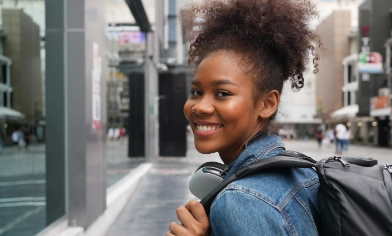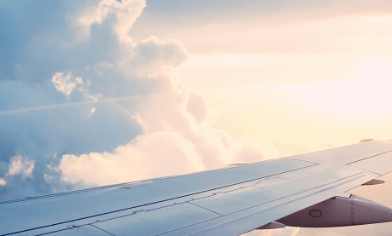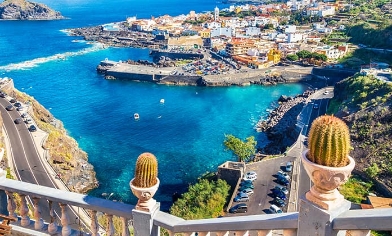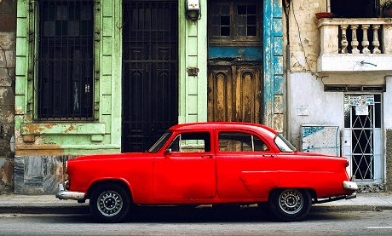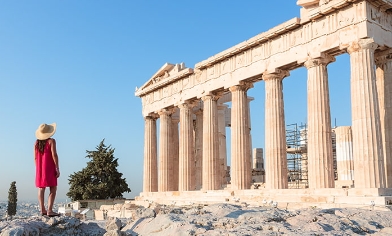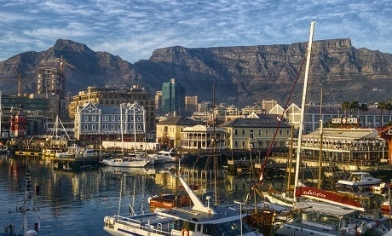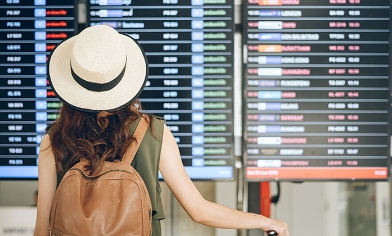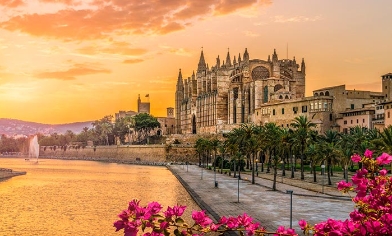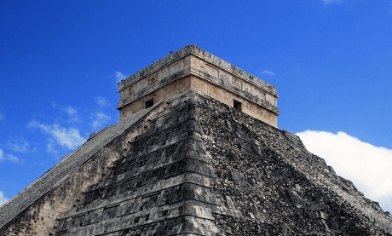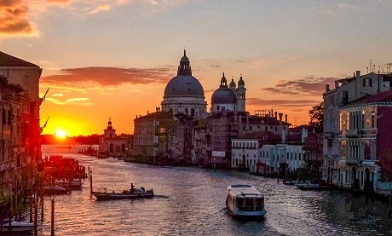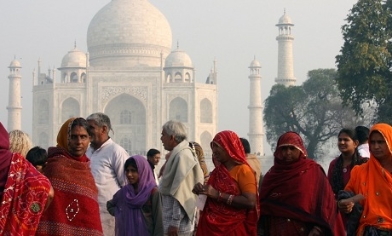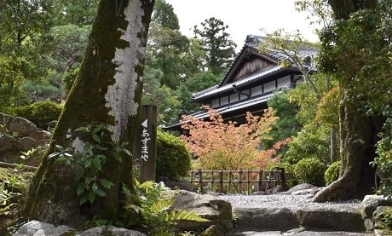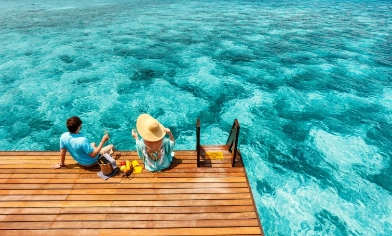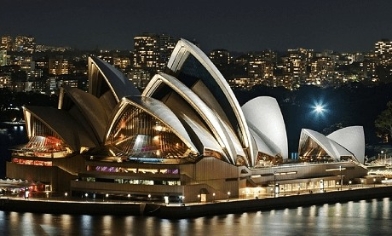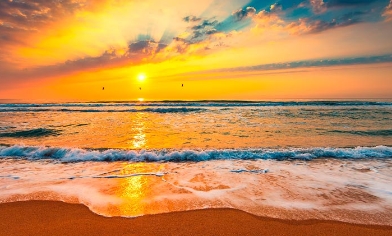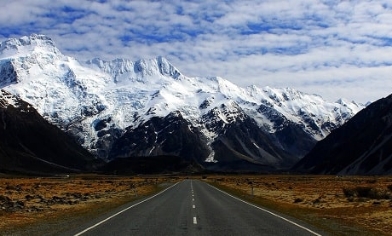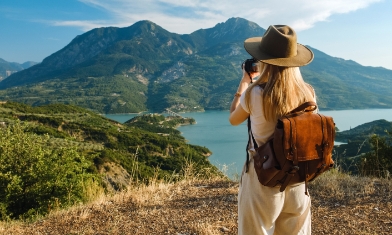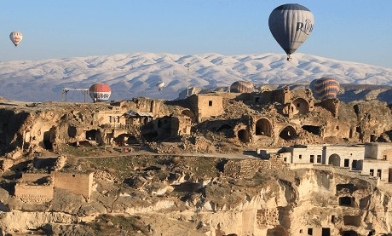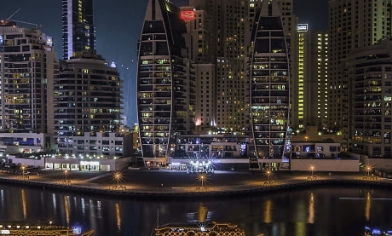Dengue fever can be carried by mosquitoes that are active in busy areas during the day – not necessarily only the kind that feed at night around bodies of stagnant water. If you can wear loose, light-coloured clothing that covers your arms and legs fully, this is a good idea, however that is not always practical, so covering yourself in mosquito repellent whenever you are in a mosquito-rich environment is recommended too.
If you require prescription medication, make sure you have researched its legality in Thailand, as possession of drugs that are illegal in Thailand can have extreme penalties. It’s imperative to carry doctor’s notes explaining why you need a drug as well as your prescription sheets. Counterfeit and stolen prescription drugs are readily available in Thailand and should be categorically avoided.
Travel risks in Thailand
Always check the Foreign, Commonwealth and Development Office (FCDO) travel advice before you travel to any destination, including its guidance on Thailand if you're heading there. Travelling against its advice may invalidate your insurance policy.
For those who like a good party, it’s important to be extra vigilant against overdoing yourself. Drink spiking has been reported in Thailand, so always keep your drink in your sight. The use of illegal drugs is strictly prohibited and can come with some of the world’s most severe penalties. Always stay in groups to reduce the risk of assault and robbery and make sure you know where everyone in your group is at any time.
If you want to rent a car or ride a motorbike, you will need an International Driving Permit. Motorcycle travel is the most popular form of getting around in Thailand, however it is crucial to take the necessary precautions when using this mode of transport as it carries different risks to driving a car.
Always wear a helmet as it is both a stipulation of most travel insurance policies and local law. If you ride without the correct licence, your holiday insurance may be invalidated and you could be breaking local law.
Food and drink
Tap water in Thailand can be unsafe to drink. Always stick to bottled water, though ice is generally safe if it is tube-shaped (meaning it’s from a factory that uses safe water).
If you have cuts, skin abrasions or insect bites then always make sure they are waterproofed and covered when you go swimming. Bodies of water can carry nasty diseases that can infect your body through open wounds.
Most food in Thailand is safe, and famously delicious. Food from restaurants and homes will unlikely require special precautions, but when getting street food it’s strongly advisable to err on the side of caution. Anything that has been left out, even before it is cooked, could contain dangerous bacteria. Insist that your food is cooked in front of you if you’re in any doubt, and preferably from chilled ingredients. Food poisoning can be a serious medical problem, so if in doubt, avoid it.
Drinking is popular among tourists in Thailand, especially at events such as the Full Moon Party. However there are some drinks that are best avoided simply because you don’t know what’s in them. So-called ‘bucket drinks’ (because they come in kids’ seaside buckets) can be incredibly strong as well as packed full of other questionable chemicals to help get you through the night. The concoction can make it difficult to know how much you’ve actually had, plus not be aware of how drunk you are. All of this can lead to some nasty situations. It’s a better idea to stick to something you know, like beer. If you have an accident as a result of being intoxicated, this could impact the success of an insurance claim.
Thai culture
Many tourists will visit Thailand to see its incredible religious monuments. Most of these are Buddhist and they are a sacred part of Thai culture. It’s important to be respectful and dress appropriately when you visit them. You might be instructed in how to behave, but in case you’re not, follow the example set by locals/staff as well as you can.
Thailand has quite strict rules around smoking and, in particular, vaping, which is illegal. Don’t bring your vape or refills into the country as you could face hefty fines or even prison terms. Smoking in prohibited areas, including beaches, can incur heavy fines, so if you smoke, make sure you know what the rules are for your location before lighting up.
Thailand is a monarchy and rules about respecting the king are stringent. Desecration of flags and currency is strictly forbidden, as is criticism of the monarchy in any form. Since this is essentially an issue of interpretation, it is best to avoid political or republican conversation.
Do I need travel insurance for Thailand?
Thailand is a beautiful and eye-opening country to visit, simultaneously both relaxing and exciting. But it’s not without its risks. Taking travel insurance that provides a sufficient level of cover for the places you’ll be visiting and activities you’ll be doing is a must.
Your medical cover for Thailand, for instance, should safeguard against the threat of diseases present in the country or the possibility of accidents and injury on busy roads, especially in packed cities like Bangkok. Make sure your policy has your required level of cover for Covid-19 related disruptions. And, while it’s important to be vigilant, make sure your policy protects you and your belongings from scams and theft, too.
Should I get travel insurance for Thailand?
It’s not compulsory to have travel insurance to visit Thailand but it can give you welcome reassurance and protection. And, often, it’s not a question of whether you need it but more of how much you need.
For instance, when buying your holiday insurance, you should check if it covers any activities that you have planned. You may need to add on extra cover. If you’re in doubt, call your insurer and ask what the exclusions for travelling to Thailand are.
If you’ve already bought your travel insurance and you’re wondering whether to take part in an activity, check your policy wording to make sure you’re covered. Some covered activities will have restrictions (such as only cycling with a helmet) and some may only be partially covered.
The currency in Thailand is the Thai baht. You can take the Thai currency away with you as notes of on a prepaid travel money card, which offers a secure and easy way to access your money on the move.

